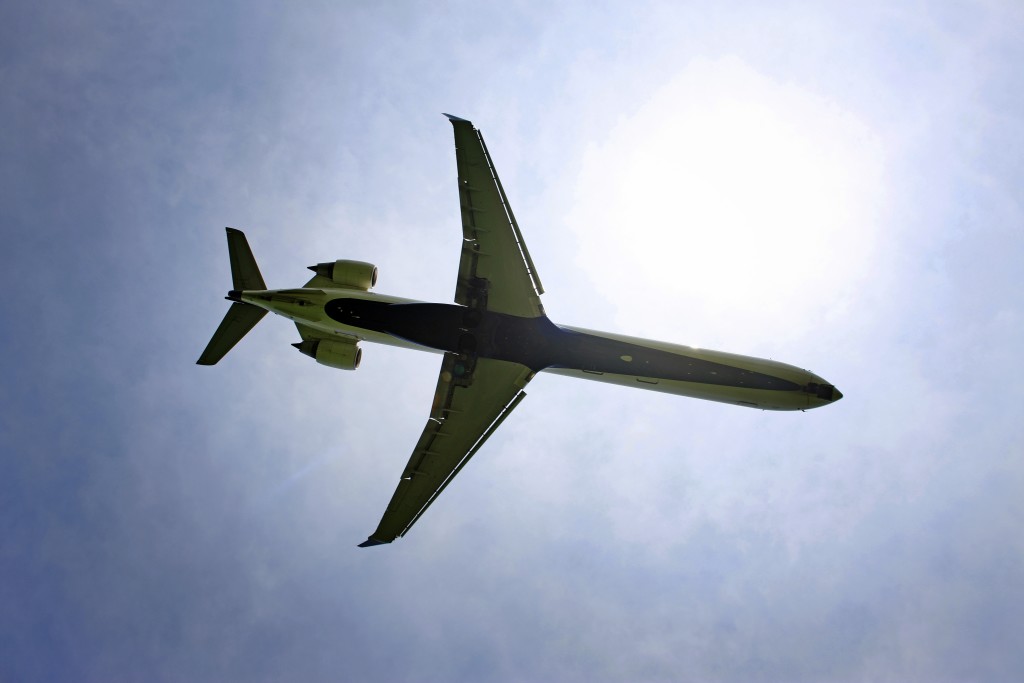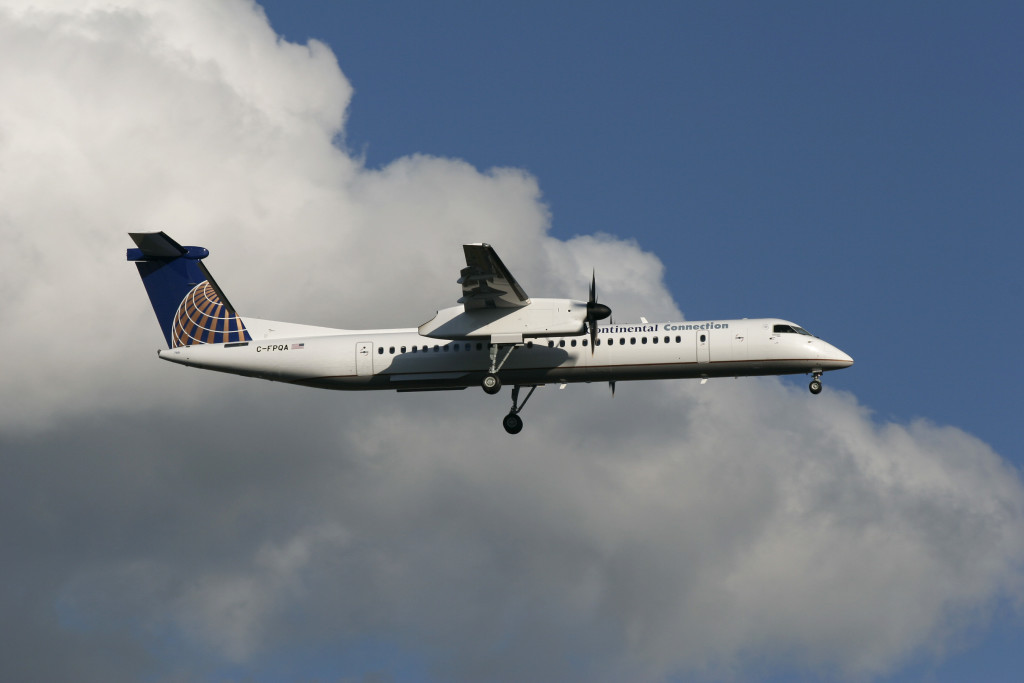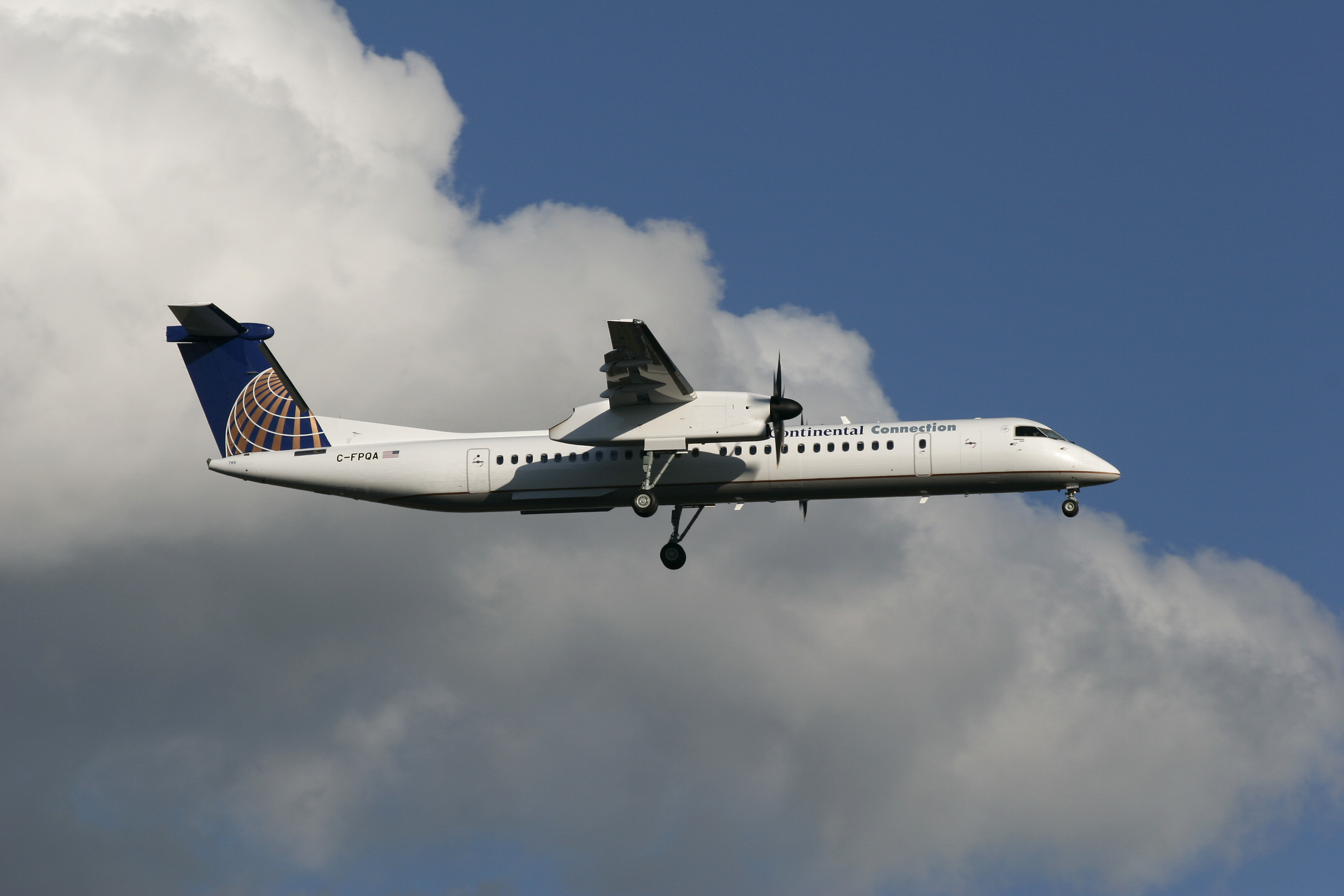FAA Misses Deadline for Implementing Pilot Fatigue and Training Rules

August 18, 2011
Share
Just over a year ago, President Obama signed the Airline Safety and Federal Aviation Administration Extension Act of 2010 into law. Key components, which were supposed to be implemented by Aug. 1, include:
+ Requiring all airline pilots to hold an Airline Transport Pilot certificate, which requires a minimum of 1,500 flight hours; the previous requirement was 250 flight hours.
+ Directing the FAA to update and implement new pilot flight and duty time rules that are based on scientific research in the field of fatigue.
+ Requiring the FAA to ensure that pilots are trained on how to recover from stalls and upsets, and that airlines provide remedial training to pilots who need it.
The Associated Press suggests the delay is due in part to pressure from the cargo and charter airline industries.
The bill was prompted by the 2009 crash of Continental Flight 3407 in Buffalo, which killed all 49 people on board and one on the ground. The NTSB determined that the cause of the Buffalo crash was pilot error, experience and fatigue being key factors. Flight 3407’s captain, Marvin Renslow, was hired by Colgan Air — the code-share airline contracted out by Continental to run regional flights — with only 618 hours of flying time. That’s less than half the time required by most major airlines. He also failed five performance tests, known as “check rides” — some of which Colgan had failed to discover. The first officer, Rebecca Shaw, 24, joined Colgan in January 2008. She made less than $16,000 in her first year at Colgan and spent the night before the crash commuting from her home in Seattle.
Our 2010 investigation into the Buffalo crash and regional airlines found that both fatigue and pressure to “move the rig” were common at Colgan: pilots sometimes slept in what are crudely called “crash pads,” and two former Colgan pilots told us that “pilot pushing” — stretching the bounds of operational safety — is all too common. “If we didn’t move those airplanes, they didn’t make any money,” said Corey Heiser. “For every day the airplane sat on the ground, or for every hour it sat on the ground, it cost them money.” Hundreds of pilots wrote us before and after the broadcast to share their stories about these pressures.
The FAA recently told the San Francisco Chronicle that it’s “‘working aggressively’ to complete a pilot fatigue rule.” To many that’s little consolation. Sen. Charles Schumer [D-N.Y.] penned a letter to FAA Administrator Randy Babbitt pushing for a quick implementation, and the president of the Air Line Pilots Association wrote to President Obama [PDF], expressing the union’s “immense disappointment” with the delay, calling for “One Level of Safety” for all pilots and passengers.
Related Documentaries
Latest Documentaries
Related Stories
Related Stories
Explore
Policies
Teacher Center
Funding for FRONTLINE is provided through the support of PBS viewers and by the Corporation for Public Broadcasting, with major support from Ford Foundation. Additional funding is provided the Abrams Foundation, Park Foundation, John D. and Catherine T. MacArthur Foundation, Heising-Simons Foundation, and the FRONTLINE Trust, with major support from Jon and Jo Ann Hagler on behalf of the Jon L. Hagler Foundation, and additional support from Koo and Patricia Yuen. FRONTLINE is a registered trademark of WGBH Educational Foundation. Web Site Copyright ©1995-2025 WGBH Educational Foundation. PBS is a 501(c)(3) not-for-profit organization.





















